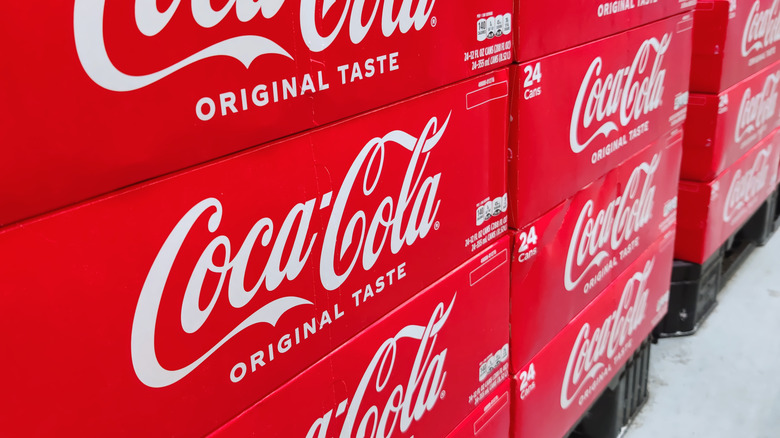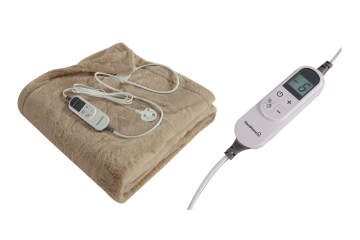Coca-Cola Recalled: What You Need to Know

Introduction
In a recent development, Coca-Cola has announced a recall of certain products due to safety concerns that have drawn considerable attention from both consumers and health authorities. This incident highlights the ongoing importance of food safety regulations and the proactive measures companies must take to ensure public trust.
Details of the Recall
The Coca-Cola Company issued a press release last week stating that select batches of their soft drinks, including certain flavours of the popular Coca-Cola Classic and Diet Coca-Cola, are being recalled due to potential contamination with a foreign substance. The affected products were primarily distributed in the United Kingdom and were sold in retail outlets nationwide. The recall was triggered after consumers reported unusual taste and the presence of unidentified materials, prompting a swift investigation.
In response to the recall, Coca-Cola has advised customers who purchased the affected products to check their labels for batch codes listed in the announcement and to dispose of them immediately. Consumers may also return the products to the store for a full refund, as stated in the company’s customer service guidelines.
Health Implications
According to food safety experts, while the risks associated with consuming contaminated beverages can vary, it’s essential for companies to act quickly and transparently in these situations. The Food Standards Agency has reinforced the importance of consumer awareness, urging anyone who may have purchased the affected products to seek medical advice should they experience any adverse symptoms.
Impact on Brand and Market
The recall has not only raised health concerns but has also impacted the stock performance of Coca-Cola. Following the announcement, shares dropped by approximately 2% in pre-market trading as investors reacted to the potential fallout from the incident. Analysts suggest that while such recalls can result in short-term setbacks, the long-term effects depend largely on the company’s response and the effectiveness of their corrective measures.
Conclusion
This situation serves as a reminder of the critical role that food safety plays in consumer trust and corporate responsibility. While Coca-Cola is known for its stringent quality control measures, this latest recall underlines the complexities involved in food production and distribution. It is crucial for companies to not only address the immediate concerns but also to implement robust quality assurance systems to prevent similar incidents in the future. As consumers, staying informed and vigilant is key, especially in light of these recent events that underline the importance of food safety in our everyday lives.









